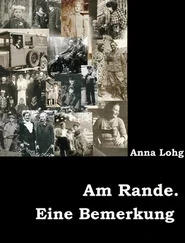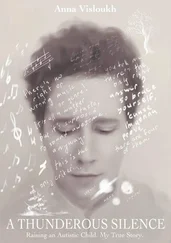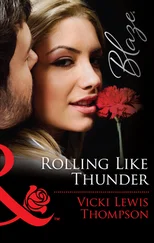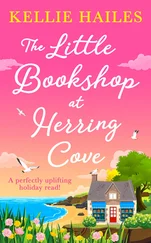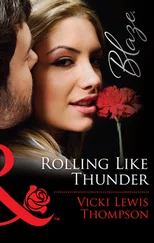In the house of the moustached toyon, my husband and I were given a mat, a rare woolen blanket, musty smelling, but thick enough for the Tsarina, and we laid them in a place away from the draughty door. The carpenter Ivan Kurmachev and the American John Williams were to stay with us.
We started work the day after everyone left. The young man who’d lost the rope-climbing competition at the wedding came for us.
“Adidá! Hi  olí
olí  ka. Siyamalawoshísalas x wόx wa
ka. Siyamalawoshísalas x wόx wa  .
.  … wáki
… wáki 
 wis
wis  a ho!
a ho!  idí
idí  lo
lo  awí. Kitaxásdo xabá
awí. Kitaxásdo xabá  ,”
,” [41] Wow! Come with me. Here’s something to make hearts glad. We will be gut-full tonight. C’mon. Let’s go, everybody.
he cried, and gestured dramatically. It would be different living here with neither Makee nor Timofei Osipovich to translate. We’d be on our own to figure out what was being asked of us, and to ask for what it was we needed.
Eventually we understood that he wished us to go somewhere with him. He led us along a trail that wound through the trees, climbing, and then we followed a low ridge until we heard the surf and the gulls. We descended along a muddy path dotted with puddles. Then, light appeared through the trees and we emerged on a stony beach in a sheltered cove.
The sky was exploding with screeching gulls. They looped and dipped around one another, drawing circles and spirals overhead. One plummeted to the surface of the sea, and veered up again with a glittering fish jerking in its beak. The gull swung away, pursued by a dozen members of the flock eager to steal its catch.
Many people were already on the beach, while, out in the cove, canoes bobbed and clattered against one another.
The young man swept his arm across the scene and said, “Asá 
 i x wόx wa
i x wόx wa  . Wáli adá’dalásalas ti’l.”
. Wáli adá’dalásalas ti’l.” [42] How about this! I told you this was great.
Kurmachev offered me his hand and pulled me atop a rock from where I could look down on the scene. The cove was a strange shade of blue—cream and turquoise—and its surface quivered like aspic.
The cove was filled with fish. There were so many, I could have walked on their backs and not even wet my feet.
The canoes, I noticed then, were heavily laden. Their gunwales were barely above the water’s surface. But they weren’t loaded with fish. They were heaped high with white branches. The men in the canoes were pulling the branches out of the ocean.
The deep-sea forest of the vodyanoy is a myth—not even my mother would believe it—and I wasn’t silly enough to think trees grew underwater. What were these branches? They weren’t driftwood. Why were they white? Two loaded canoes separated from the group, and paddled away, back toward the houses. The youth who had led us called to us and waved. We followed him back along the trail through the forest.
Near the houses, we waited on the beach until the two laden canoes appeared from around the point. Before they reached shore, unloading began. Men, who’d walked into the ocean to meet them, filled their arms with branches. Water streamed down their limbs and chests as they waded in. One of them approached me. I opened my arms and he spilled the branches into them.
I staggered under the dropped weight. I licked the drops of seawater off my lips. As I tried to settle the pile comfortably, I looked down at the branches. They glistened with white, nearly translucent globules that were stuck everywhere on the needles of the branches.
Fish roe.
I recognized it. We ate it in Petersburg. It was herring roe.
The Quileutes must have put these branches in the water to give the herring a place to deposit their eggs. The Quileutes must have figured out where and when and how to submerge the branches so they could harvest all the roe without having to kill the fish.
I wondered what they’d say if they saw how we harvest caviar—the monstrous ancient sturgeon we hook or net, then kill for a few spoons of roe—female and male, we kill them both, for there’s no way of knowing for certain until their bellies have been slit open. What would they say if they knew how sometimes the flesh is thrown to the dogs because it’s too tough and it’s only the caviar we want? For all our ingenuity and our enlightened thought, we still haven’t found a way to harvest caviar that comes close to what the Quileutes have developed with the herring.
I turned and, lugging the wet, awkward load, followed the others toward the houses.
We suspended the white branches on the fish-drying racks attached by strong cords to the back walls of the houses. We passed the branches to children who carried them to the highest crossbars. When we’d emptied our arms, we went back to the canoes for another load, and another, until all the branches were hanging from the drying rack. It took most of that day.
After I urge my husband out of bed, he eats, but I don’t. I don’t feel like eating. The food, its aroma—just watching others chew—repulses me.
A woman brings me a huge ladle of liquid cloudy with particles of something. There look to be wood shavings floating on its surface. She says, “Ak w, tόli  lol, hítk wolt’sa ťaxí
lol, hítk wolt’sa ťaxí  it. Yix ťό
it. Yix ťό  wa
wa  kiyatilwoxshí
kiyatilwoxshí 
 i
i 
 axá
axá  a. Hí
a. Hí  at
at  w
w  ibíti cho
ibíti cho  όťs
όťs  ”
” [43] Here, poor little sick one. This will help you with the vomiting and make a strong baby.
Читать дальше
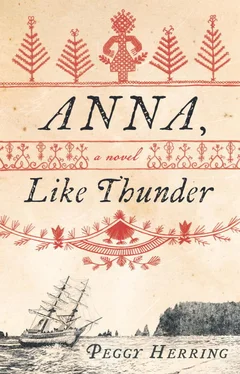
 olí
olí  ka. Siyamalawoshísalas x wόx wa
ka. Siyamalawoshísalas x wόx wa  … wáki
… wáki  wis
wis  idí
idí  awí. Kitaxásdo xabá
awí. Kitaxásdo xabá 

 i
i  at
at  w
w 
